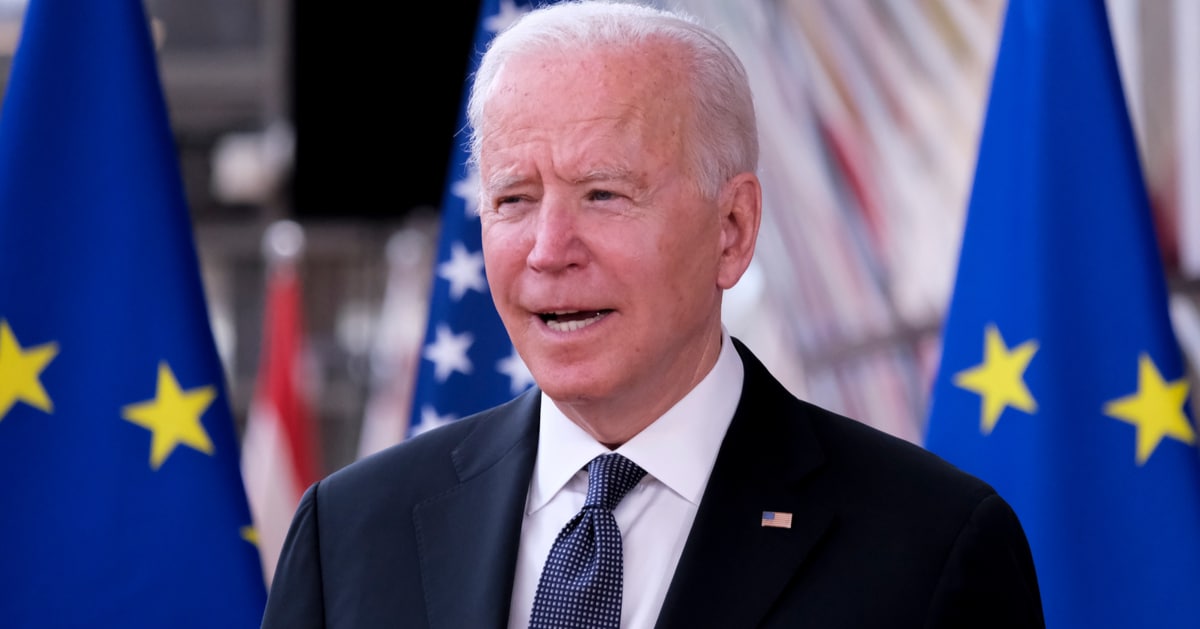


Former President Donald Trump has openly questioned Vice President Kamala Harris's health following the release of her recent medical report, raising debates about her eligibility to serve as president.
The Daily Mail reported that Trump's remarks on Harris's health follow the release of a report from her physician, who asserts she is in excellent condition to handle presidential duties.
The focus of the discussion revolves around Harris's seasonal allergies and hives, which Trump argues could impair her mental functioning.
Released on a Saturday, the report assured the public that Harris is in excellent health, as confirmed by her physician, Dr. Joshua Simmons.
Despite Harris suffering from severe seasonal allergies and hives, Dr. Simmons maintains she experiences only mild symptoms.
These symptoms, including an irritated nose and eyes, are manageable with treatments such as immunotherapy and nasal sprays.
Dr. Simmons explicitly stated that Harris is both physically and mentally prepared for the demands of the presidency.
Histamine release due to allergies can sometimes lead to mild cognitive issues, such as brain fog, a point highlighted by Trump's comments. Nonetheless, 80 million Americans managing these allergies manage to lead full lives without significant problems.
Trump's concerns extend beyond allergies, as he claims the combination of Harris’s allergies and hives creates a "dangerous" scenario for any president. Hives, known as urticaria, are generally non-threatening, arising from allergies, stress, or anxiety.
Trump has suggested that Harris’s cognitive abilities could be compromised, given her performance in interviews, promoting the idea that she should undergo testing for cognitive function. Dr. Simmons, however, integrated assessments of Harris's cranial nerves into her check-up, finding no reason for concern regarding her mental faculties.
Routine cognitive evaluations are not typical for someone aged 59, according to medical standards described by Dr. Simmons. The report further confirms Harris’s normal vital signs and the absence of common health issues. Additionally, although Harris has a family history of colon cancer, there are currently no indications of the disease in her health metrics.
Harris maintains her well-being through a balanced lifestyle, involving a nutritious diet, consistent exercise, and vitamin intake, even though she sometimes indulges in sweets and a moderate amount of alcohol.
Conversely, Trump has frequently asserted the robustness of his own health, mentioning numerous medical evaluations he has undergone. He claimed his cognitive tests have shown exceptional results and emphasized his superior health compared to other notable figures including Harris.
Trump expressed his views on social media, describing Harris's medical findings as significantly "not good" and suggesting that she should reconsider her presidential aspirations. His stance continues to spark discussion and varies strongly from the belief held by Harris's physician.
Trump's insistence on medical transparency, including his claim of being the most scrutinized president in terms of health examinations, invites a broader debate about the level of detail the public expects from political figures regarding their health.
Furthermore, Trump’s characterization of Harris’s health as precarious raises questions about the role of perception in political viability, especially regarding medical matters that many Americans experience as part of normal life.
This ongoing discussion includes the comparative health disclosures of other political leaders. While Trump's pronouncements on his fitness continue to raise eyebrows among his rivals, the situation spotlights the intricate dynamics of health in presidential politics.



